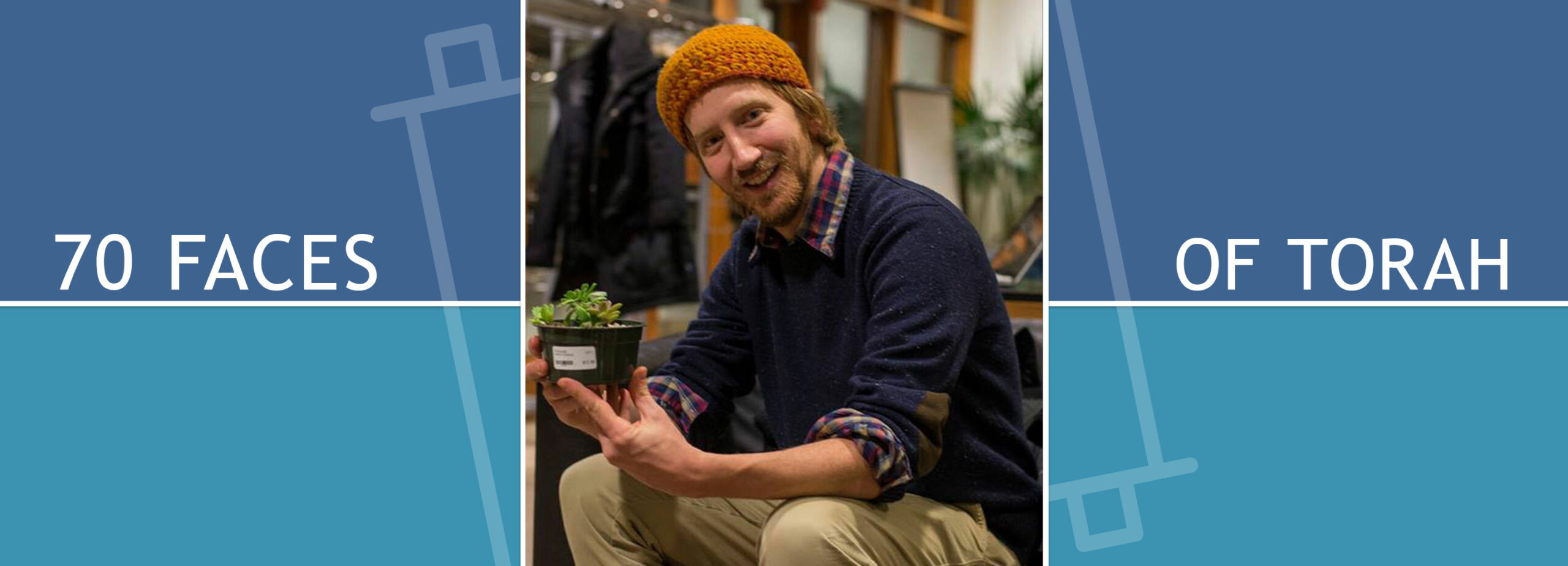Exodus The Hardness and Brilliance of Waiting

I spoke with my grandmother on the phone earlier this week.
I said to her, “In all my life, I’ve never encountered a moment quite like this.” She laughed, “In all your life! I’m 96, with a little more life lived than you, and I’ve never seen anything like it.”
I held that perspective, as I did quite a bit of listening of my own this week. I listened with a sense that no one had really experienced this before. What did I hear? Here are a few tidbits.
“It is hard to leave without knowing when I am going to come back.”
“The uncertainty feels so hard to manage.”
“My biggest challenge is dealing with such an enormous question mark.”
“I am a person who likes to have a plan. Not knowing makes having a plan feel impossible.”
There was a common thread. A lack of knowledge can feel very destabilizing. Uncertainty is not a comfortable place to reside.
One of the joys of being a people rooted in text is that each time we cycle through the parshiyot of the Torah, there are different stories that will call out to us. Amidst the stories, this week of golden calves, of tablets whole and broken, of Moshe’s selfless leadership and the Holy One’s forgiveness, what stood out to me in reading Ki Tisa this year was the notion of a fear that is born out of waiting.
At the beginning of the 32nd Chapter of the Book of Shemot, the people look around and realize that that guy Moses, he hasn’t come down from the mountain. Forty days and 40 nights is a long time to wait without word, and the people sense that something has to give. They need something that they can place their eyes upon, something to point to and say
:אֵ֤לֶּה אֱלֹהֶ֨יךָ֙ יִשְׂרָאֵ֔ל אֲשֶׁ֥ר הֶֽעֱל֖וּךָ מֵאֶ֥רֶץ מִצְרָֽיִם
There. That’s what led me out of bondage.
Rashi does his best to defend the people, explaining that Moshe had miscalculated the days, that he hadn’t counted the day of his ascent up the mountain; but whether he was late or not, the people let their fear overtake them. The waiting became unbearable;, they acted recklessly. Twice in the chapter the phrase is repeated:
:לֹ֥א יָדַ֖עְנוּ מֶה־הָ֥יָה לֽוֹ
They didn’t not know what had become of him.
They did not know.
The waiting is a lot.
The not knowing can feel almost unbearable.
We are in a moment of not knowing. Trying to get a firm hold on what’s going on we read articles in the newspaper, listen to NPR, check the CDC, scour social media, and, at the end of the day, we must sit with the same sense of not knowing. It is the worst. Will this be a couple of weeks? A couple of months? Longer? It is anxiety-provoking and isolating. It robs us of a feeling of control and leaves us feeeling raw and vulnerable. It is bad enough that we might imagine taking all of our jewelry and valuables and tossing them in the pan, and saying “Do something. Do anything” to make this period of uncertainty end.
Yet, the parashah arrives and calls to us. Wait. Have a little patience. Cultivate some savlanut. Take a breath. While we can empathize with the actions of the people, desperate for leadership when there is none in sight, we are meant to recognize that there are some actions that are shortsighted, that sometimes a willingness to wait out the discomfort is the clearest pathway to understanding. I speak about patience, not as an expert, but as a person who deeply wants to be better. I invite all of us to share the Torah of our experience, the hard-earned wisdom, the best practices for cultivating a greater sense of patience in a topsy turvy world.
I offer up not my own wisdom, but an excerpt from a poem by the former poet laureate, Kay Ryan. She writes,
Who would
have guessed
it possible
that waiting
is sustainable—
a place with
its own harvests.
Or that in
time’s fullness
the diamonds
of patience
couldn’t be
Distinguished
from the genuine
in brilliance
or hardness.
No one has experienced a moment quite like this before. My hope is that in the coming weeks we can experience a waiting that is sustainable; that we will know harvests amidst our patience. May we blessed to discover the places where brilliance and hardness overlap. May we deal with our not knowing better than our forbearers, building not golden idols, but a sense of patience and a belief that together, with resilience and love, we will overcome times of uncertainty.
Rabbi Jordan Braunig, Rab`14, is Director, Initiative for Innovative Community Building at Tufts University Hillel. Watch Jordan deliver this d’var on video.

